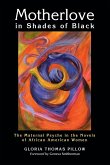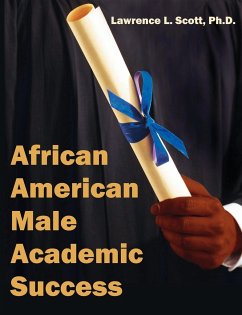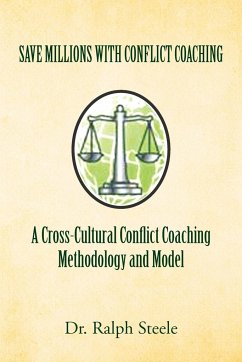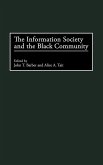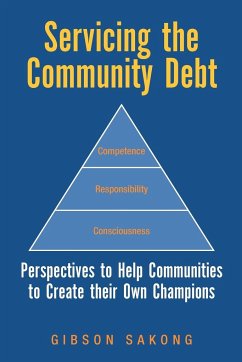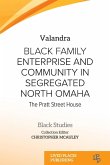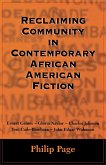This study of eighteen adults of African-American and Jewish-American heritage explores how biracial subjects of two minority parents negotiates mixed race heritage and identity in a society that maintains a hostile attitude toward interracial unions. Data collection included1) a semi-structured interview to determine subjects' own sense of racial/ethnic identity, 2) a measure of parental closeness, and 3) a series of twelve anecdotal hypothetical situations as a stimulus to revealing subjects' affective, cognitive and behavioral responses in contexts in which the subjects mixed-heritage might be expected to evoke conflict. A qualitative analysis, incorporating socio-cultural, psychodynamic, and historical perspectives, was utilized to investigate 1) racial and cultural stereotyping, 2) a hierarchy of color and racial categorization, 3) racial tolerance, 4) Black and Jewish relations, 5) biracial (Black and Jewish) identity, as mediated by parental and familial closeness. Factors that influenced racial/identity development in the subjects' lives were identified. Five of the six hypotheses were supported: 1) Phenotype is related to interpersonal perception. The biracial adult phenotypically perceived as African-American is more likely to identify as such, whereas the biracial adult phenotypically perceived as White is more likely to identify as either White or "mixed." 2) Closeness to the African-American parent is not necessary for children of mixed-race/Jewish heritage to identify with African-American heritage. 3) Closeness to the Jewish parent is a necessary but not a sufficient condition for children of mixed-race/Jewish heritage to identify with Jewish heritage. 4) For those who are close to their Jewish parent, the degree of closeness affects the degree to which they identify as Jews. 5) The extent to which respondents experience themselves as integral parts of their extended families will increase the extent to which they identify with that half of their cultural heritage. The sixth hypothesis, which stated that to the degree that respondents express negative stereotypes of one part of their heritage they will also minimize their identification with that part of their heritage was not supported due chiefly to the lack of negative stereotyping by most of the respondents.
Hinweis: Dieser Artikel kann nur an eine deutsche Lieferadresse ausgeliefert werden.
Hinweis: Dieser Artikel kann nur an eine deutsche Lieferadresse ausgeliefert werden.


